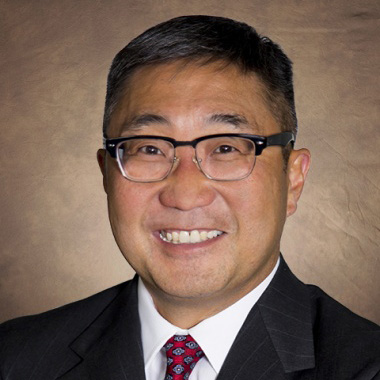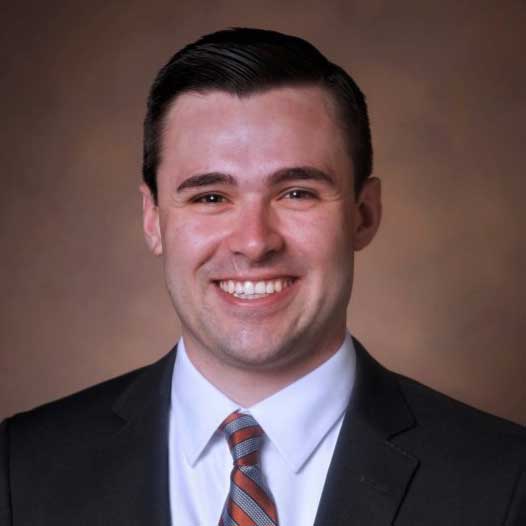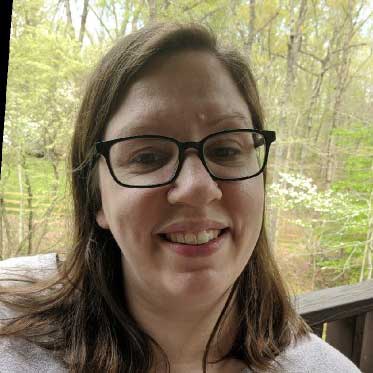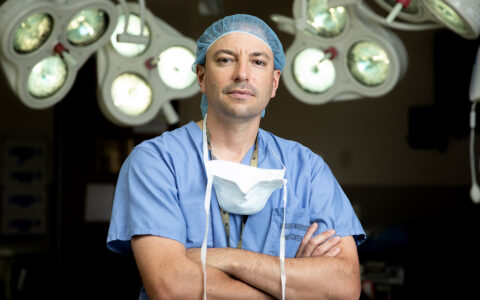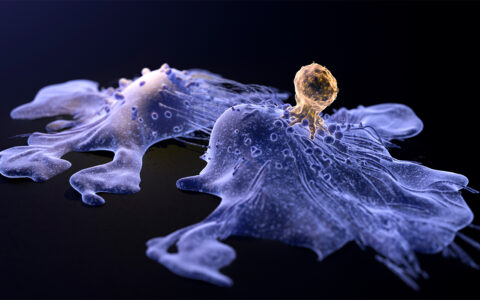When patients undergo imaging for one problem that has spurred them to seek care, other unexpected issues such as potentially malignant masses can often show up. Today, the handling of incidental findings has mostly been scattershot, but now researchers at Vanderbilt University Medical Center have developed a pilot program to ensure that incidental findings worthy of further investigation are addressed correctly.
“The vast majority of the time, patients just don’t know that there was an incidental finding in their images which contains important information,” said Sam Chang, M.D., Patricia and Rodes Hart Professor of Urologic Surgery and Chief Surgical Officer at Vanderbilt-Ingram Cancer Center.
Adequate Systems Lacking for Incidental Findings
Insufficient follow-up of incidental findings is a pervasive problem, Chang explained, whether imaging takes place in the ED or in other areas. Within many large healthcare systems, no system exists to maximize the likelihood that a patient will receive appropriate care.
“The vast majority of the time, patients just don’t know that there was an incidental finding in their images.”
“Incidental findings are often lost to follow-up because patients struggle to navigate the complex healthcare system,” Chang said. “People are falling through cracks.”
Systematizing Follow-up
The new program uses a structured workflow to ensure that patients both learn of incidental findings and receive prompt assistance arranging needed follow-up. The pilot program has grown out of a partnership between leaders within the Vanderbilt Adult ED, including Tyler Barrett, M.D., associate professor of emergency medicine, and the Vanderbilt-Ingram Cancer Center.
“This initiative began with a question: What is happening with patients who have these findings?” said Nicholas Garland, M.S., a senior project manager at Vanderbilt-Ingram Cancer Center. “It’s dangerous to assume that they are being followed up when the findings fall outside the primary reason for the visit and are not being focused on.”
“Incidental findings are often lost to follow-up because patients struggle to navigate the complex healthcare system.”
The team, led by Garland and Katharine Klar, R.N., an assistant nurse manager at Vanderbilt, launched its program in 2020. They leveraged existing resources to improve timely communication with patients who have had an incidental finding. The program’s workflow has ED providers submit a form within the patient’s EHR. The completed forms are monitored by nurse navigators and case managers who directly contact the patient to expedite follow-up care.
Klar recently presented the new system for handling incidental findings at the 2021 Oncology Nursing Society Congress meeting, and the team’s work was recognized earlier this year with an Innovation Award from the Association of Community Cancer Centers.
A Personal Touch Matters
The initial effort to more systematically handle incidental findings has involved findings that show up during ED visits, although the problem extends beyond the ED.
“Our team has included ED providers and ED case managers, oncologists, IT staff, nurse navigators and other nursing leaders,” Klar said. The team reviewed its previous workflow to identify gaps and collaborated to devise an ideal workflow in a broad-based effort that has also involved colleagues from project management, case management and operations.
The workflow includes having a dedicated cancer center nurse navigator who coordinates care for patients with incidental findings, and it spells out defined steps to be followed for in-network, out-of-network and uninsured patients, Klar explained. The team employs a dashboard to track their results. During the program’s first three months, 176 patients were identified with incidental findings, which led to 88 appointments within Vanderbilt.
Patients Value Direction
During a recent weekend, a patient went to Vanderbilt’s ED for a viral illness and fever. He was told that his CT scan had shown a mass on his spine.
“When I called him Monday morning, he said, ‘I’m so relieved to hear from you. I didn’t know who to contact,’” Klar said. She arranged a neurosurgery appointment for him within days.
“Patients often say how helpful it is to be offered guidance figuring out their next steps,” Klar said.

